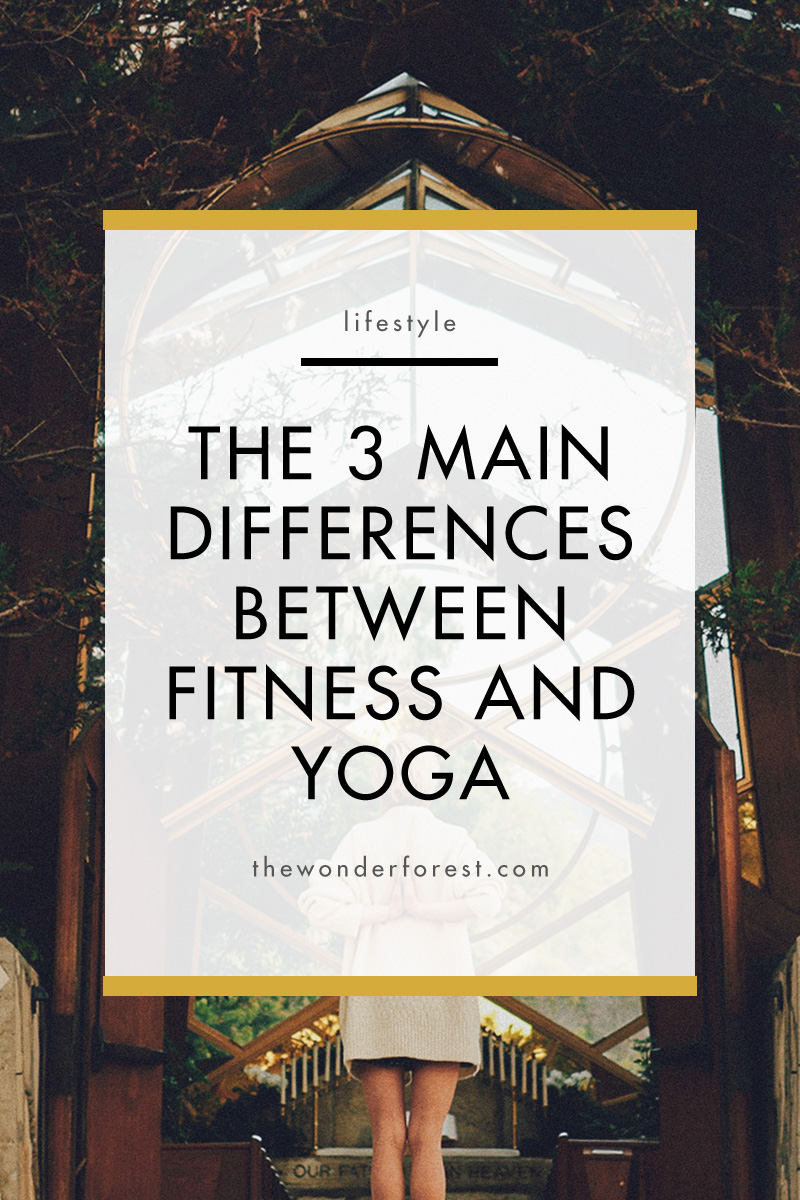
Yoga means different things to different people. As yoga’s popularity continues to rise, the number of different styles of yoga classes is expanding as well. From its ancient roots as a spiritual practice, newer forms of yoga have emerged as more fitness-centric. Though yoga style workout classes abound, it is important to remember that yoga is inherently different from fitness.
A Lasting Impact
People choose to workout for a variety of reasons, but arguably one of the most common is the mood boost that comes with a good workout. The same can be said for yoga, but the mechanism behind the shift in mood is very different when it is from a yoga class than when it is from a workout.
The link between exercise and feelings of happiness are well known. Multiple scientific studies have investigated the link between working out and an improved mood, and found that the improvement of depressive symptoms can be attributed to the endorphin rush that accompanies a rigorous workout. But, as anyone who works out regularly knows, the endorphin boost or feelings of a “runner’s high” is short lived.
Yoga, on the other hand, can make a long lasting impact when it comes to relieving practitioners of their depressive symptoms. Any yogi can attest that the practice makes them feel much happier and calm in their daily lives. Now, there is clinical evidence to support that idea.
A recent study conducted at Boston University found that yoga helped participants with their depression. Interestingly, they believe that the main reason for improvement in depressive symptoms came from deep breathing practices rather than active movements. Unlike an endorphin rush, yoga helps to improve mood states by teaching simple practices like deep breathing that can make a long-lasting impact on someone’s ability to handle depression.
Off The Mat Benefits
Yoga’s teachings that go off the mat extend beyond deep breathing techniques. At its core, yoga is not a physical practice. It is about looking inside oneself, and teaches principles that can be taken off that mat. Rather than focusing attention outwards, yoga teaches us to look inside ourselves. This can transform someone’s frame of mind and lead them to live a much more peaceful life.
A strong yoga practice can also come in handy when dealing with difficult situations. You may have heard a teacher tell you to simply “breathe through it,” when holding a challenging asana. This idea can be applied to difficult situations that have nothing to do with a physical posture. Yoga reminds practitioners that they can get through something difficult or painful by remaining calm and trusting that it will eventually come to an end. Remembering the principles of yoga can help you channel your inner strength when facing a challenge that may have seemed insurmountable without yoga.
These off-the-mat life lessons are unique to yoga. Even if you love lifting weights or running, it is hard to argue that they have the same impact in helping you in all areas of your life the way that yoga does.
Inner Awareness
Both of the previous examples relate back to the biggest difference between yoga and fitness. While fitness and working out are very healthy habits, at their core, they are completely focused on the physical body. While yoga does provide some physical benefits, they are in no way the purpose of the practice.
Yoga is an ancient practice with roots in human spirituality. The original yogis were not concerned about the appearance of their physical body nor achieving picture perfect asanas. The goal of yoga was simply to prepare the body to sit comfortably for meditation. Yoga was a means to an end to have a better meditation and spiritual practice in order to better look inside oneself and get closer to Oneness.
Despite the fitness-centric yoga classes that are popular today, yoga is not fitness. Yoga is an inner practice, and was developed with the intention to strengthen one’s spirituality. Even if you do practice yoga for the physical benefits, keep this original intention in mind the next time you step on your mat and see how the practice can begin to transform your mind, not just your body.
Last Updated on

This gives me a lot to think about! Love the knowledge on long terms benefits- sometimes it is hard to feel the immediate effects but the lasting ones are arguably more crucial!
Chelsea | http://www.nootropedia.com